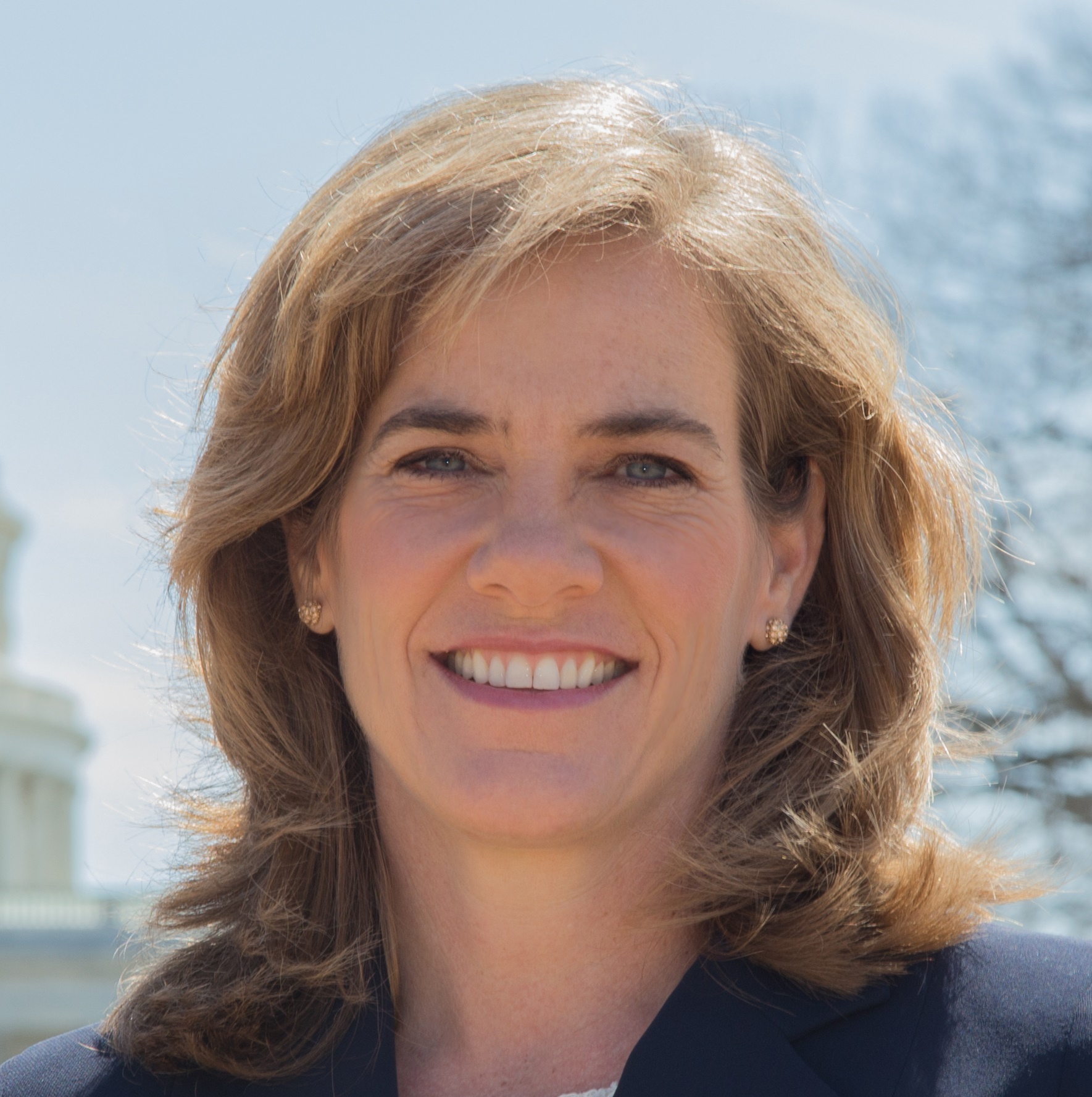By Bob Allen
North Carolina’s new school voucher law, which allows families to use taxpayer dollars to send their children to private schools, violates the constitutionally mandated separation of church and state, the Baptist Joint Committee for Religious Liberty and allies said in a brief to the state Supreme Court filed Jan. 30.
 “School voucher programs that fund religious schools violate the freedom of conscience of citizens who have the right to insist that the government remain neutral in matters of religion,” said Holly Hollman, general counsel for the Washington-based education and advocacy organization representing 15 national, state and regional Baptist bodies in the United States.
“School voucher programs that fund religious schools violate the freedom of conscience of citizens who have the right to insist that the government remain neutral in matters of religion,” said Holly Hollman, general counsel for the Washington-based education and advocacy organization representing 15 national, state and regional Baptist bodies in the United States.
Two friend-of-the-court briefs written by attorneys representing Americans United for Separation of Church and State contend that the Opportunity Scholarship Program passed by the North Carolina General Assembly in 2013 violates the state constitution by siphoning taxpayer funds intended for public education to private schools not subject to curriculum standards of public schools that discriminate on the basis of religion or other reasons.
Since the vast majority of schools receiving the vouchers are church-related, the brief argues, the program amounts to government funding of religious ministry.
“Voucher schemes like North Carolina’s are essentially a taxpayer handout for religious schools,” said Barry Lynn, executive director of Americans United and an ordained minister in the United Church of Christ. “Study after study shows that vouchers don’t improve student achievement, so this program is really just a payday for sectarian interests.”
An opposing brief filed by groups including the Christian Legal Society, American Association of Christian Schools, National Association of Evangelicals and Roman Catholic Diocese of Charlotte (N.C.) countered that the state provides scholarships on a religion-neutral basis, and the parent decides whether to use them at a religious school.
Accepting government funds does not make private Christian schools part of the state, the groups argue, and holding them to the same religion-neutral standards as public schools infringes on their free exercise of religion. Allowing the vouchers to be used at secular private schools but not those that are sectarian, they contend, discriminates on the basis of religion.
The BJC/Americans United argument, also joined by the American Civil Liberties Union, Anti-Defamation League and Interfaith Alliance Foundation, says nothing in the state constitution obligates the government to fund private religious education and that such use of taxpayer funds “does not fulfill a public purpose.”
“Parents have the right to choose a religious education for their children, but not at taxpayer expense,” Hollman said. “Religion should flourish on its own, funded by voluntary contributions, not through compulsory taxation.”
